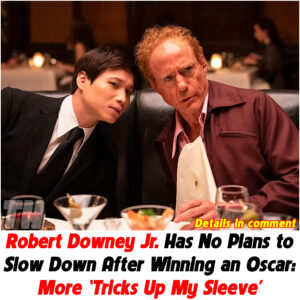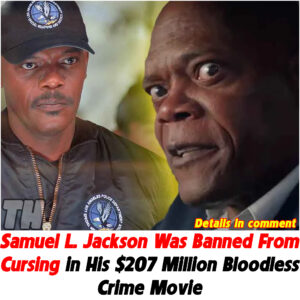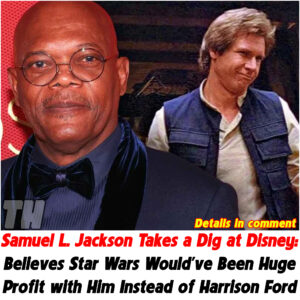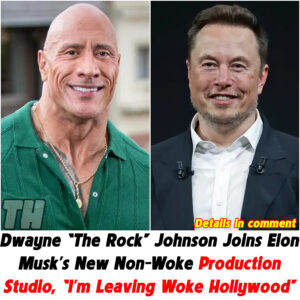In the midst of 2024, a year marked by boldness and outspokenness, the entertainment industry found itself embroiled in controversy surrounding the set of “The Color Purple” and allegations of mistreatment.
Taraji P. Henson, a prominent voice in the matter, bravely spoke out about her experiences, shedding light on a pervasive issue that extends far beyond Hollywood’s glittering facade.
Henson’s revelations sparked a firestorm of discussion, with celebrities like Vivica A. Fox and Gabrielle Union weighing in on the matter, each adding their own perspective to the contentious debate.

However, their comments only served to intensify the scrutiny surrounding the treatment of Black women in the entertainment industry.
Vivica A. Fox’s response, characterized by a dismissive “to each his own” attitude, drew criticism for its apparent lack of empathy and understanding.
As a veteran actress who has undoubtedly faced her own challenges in Hollywood, Fox’s refusal to acknowledge Henson’s struggle was seen as a missed opportunity to stand in solidarity with her fellow Black actresses.
Similarly, Gabrielle Union’s involvement in the controversy raised eyebrows, given her own past experiences with Hollywood’s cutthroat culture.
Union’s decision to endorse tweets that seemingly undermined Henson’s achievements only added fuel to the fire, prompting questions about her motives and intentions.
But perhaps the most scrutinized response came from media mogul Oprah Winfrey, whose role as a producer on “The Color Purple” placed her at the center of the storm. While Winfrey denied any wrongdoing and emphasized her efforts to address issues on set, critics were quick to point out the power dynamics at play and question her responsibility as a billionaire with immense influence.
Ultimately, the controversy surrounding “The Color Purple” served as a sobering reminder of the challenges faced by Black women in Hollywood and the need for systemic change.
It highlighted the pervasive nature of discrimination and mistreatment within the industry, prompting calls for greater accountability and representation.
As the dust begins to settle, one thing remains clear: the conversation sparked by Taraji P. Henson’s bravery is far from over. It serves as a rallying cry for justice and equality, urging Hollywood to confront its shortcomings and strive for a more inclusive and equitable future for all.
News
(VIDEO) Dana White REACTS to Mike Tyson vs Jake Paul POSTPONED FIGHT
**Anderson Silva and Chael Sonnen: From Boxing Match to Hall of Fame Induction** In an unexpected turn of events, former MMA rivals Anderson Silva and Chael Sonnen…
(VIDEO) Mike Tyson Just ANNIHILATED Jake Paul And WARNED To FINISH Him!
**Iron Mike vs. The Problem Child: The Showdown of Eras** The boxing world is abuzz with the upcoming clash between two unlikely adversaries: the legendary Mike Tyson…
(VIDEO) MIKE TYSON SCARY NEW FOOTAGE!👀(FULL TRAINING) Mayweather, Lennox & Joe Rogan WORRIED for JAKE PAUL??
### Mike Tyson vs. Jake Paul: The Fight That Never Was The world of boxing thrives on spectacle, and few events captured the public’s imagination like the…
(VIDEO) Joe Rogan Just RIPPED Jake Paul After He Quit Mike Tyson Fight
### Jake Paul vs. Mike Tyson: The Fight That Never Was In a world where spectacle often triumphs over substance, Jake Paul’s announcement to fight Mike Tyson…
(VIDEO) Floyd Mayweather Just WARNED Jake Paul To CANCEL Might Tyson Fight
### Jake Paul vs. Mike Tyson: The Looming Showdown and Floyd Mayweather’s Dire Warning In the ever-dramatic world of boxing, a potential clash between social media sensation…
(VIDEO) Joe Rogan Just EXPOSED Jake Paul With LEAKED Audio Files For BRIBING The Referee
In an unexpected twist, a leaked video has surfaced showing a private match between Jake Paul and Mike Tyson, revealing that Paul had to pay approximately $100…
End of content
No more pages to load











